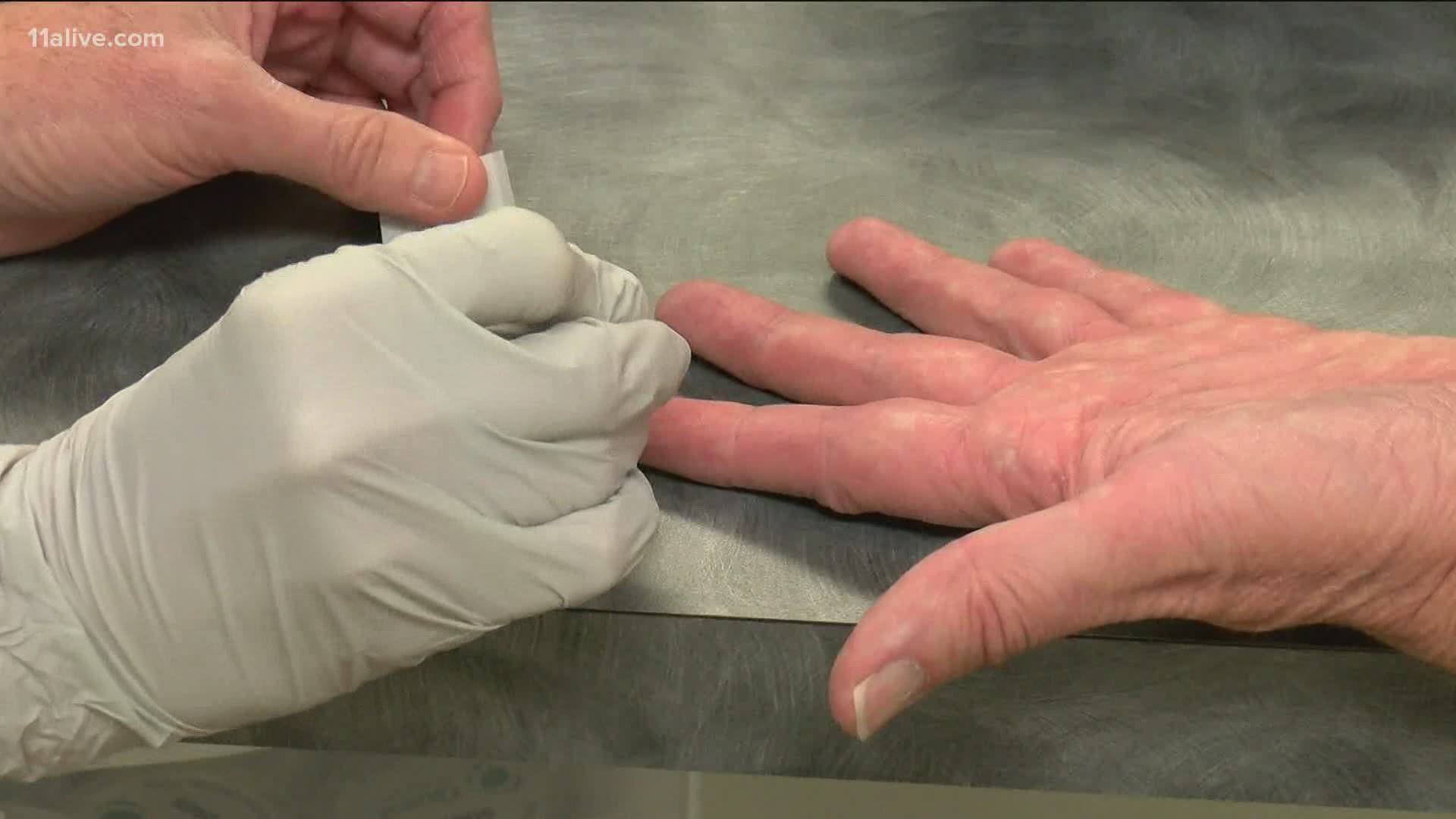ATLANTA — New reporting from NBC News is raising questions about the accuracy of COVID-19 tests. Experts tell the network up to one-in-five tests could be missing positive cases.
Since March, dozens of tests for diagnosing COVID-19 were quickly developed – with the Food and Drug Administration granting emergency use authorization so they could be rushed into use.
Now NBC News is reporting experts believe tests used to diagnose the virus may be missing up to 20% of positive cases, meaning they instead show a false negative.
There are several possible reasons.
"No test is perfect 100 percent of the time," Dr. Maraia Sundaram told 11Alive earlier this month.
Sundaram is an epidemiologist with Emory University's Rollins School of Public Health. She said one type of COVID-19 test includes collecting specimens to test with a nasal swab, and, if not done properly, the person taking the sample could miss the virus.
"If I took a nasal swab and I tested it and it was negative, I just know that there is no virus in my nose, but there could be some in my throat," she explained.
Timing is also key, according to researchers with the Johns Hopkins Bloomberg School of Public Health in Baltimore, who published a study this month in the Annals of Internal Medicine. The lead author told NBC News testing too early after exposure to the virus substantially raises the risk of a false negative, and "if you have someone who has been exposed, and they've started to develop symptoms, it probably makes sense to wait a few days before testing."
The research team found testing three days after symptoms appeared returned the most accurate results.
Dr. Sundaram said antibody tests, designed to find signs in a blood sample that somebody had the coronavirus, can also return false negatives. A person may have recently been exposed to coronavirus, but if their immune system hasn't had time to produce the antibodies needed to test positive, their test result would come back negative.
"You won't see a big increase in antibody until maybe two weeks after the initial infection," she said.
No matter the results - positive or negative - Sundaram suggests to continue following guidelines and recommended health precautions from the Centers for Disease Control and Prevention, including hand-washing, wearing a mask in public and social distancing to protect yourself and anyone around you.
11Alive is focusing our news coverage on the facts and not the fear around the virus. We want to keep you informed about the latest developments while ensuring that we deliver confirmed, factual information.
We will track the most important coronavirus elements relating to Georgia on this page. Refresh often for new information.

